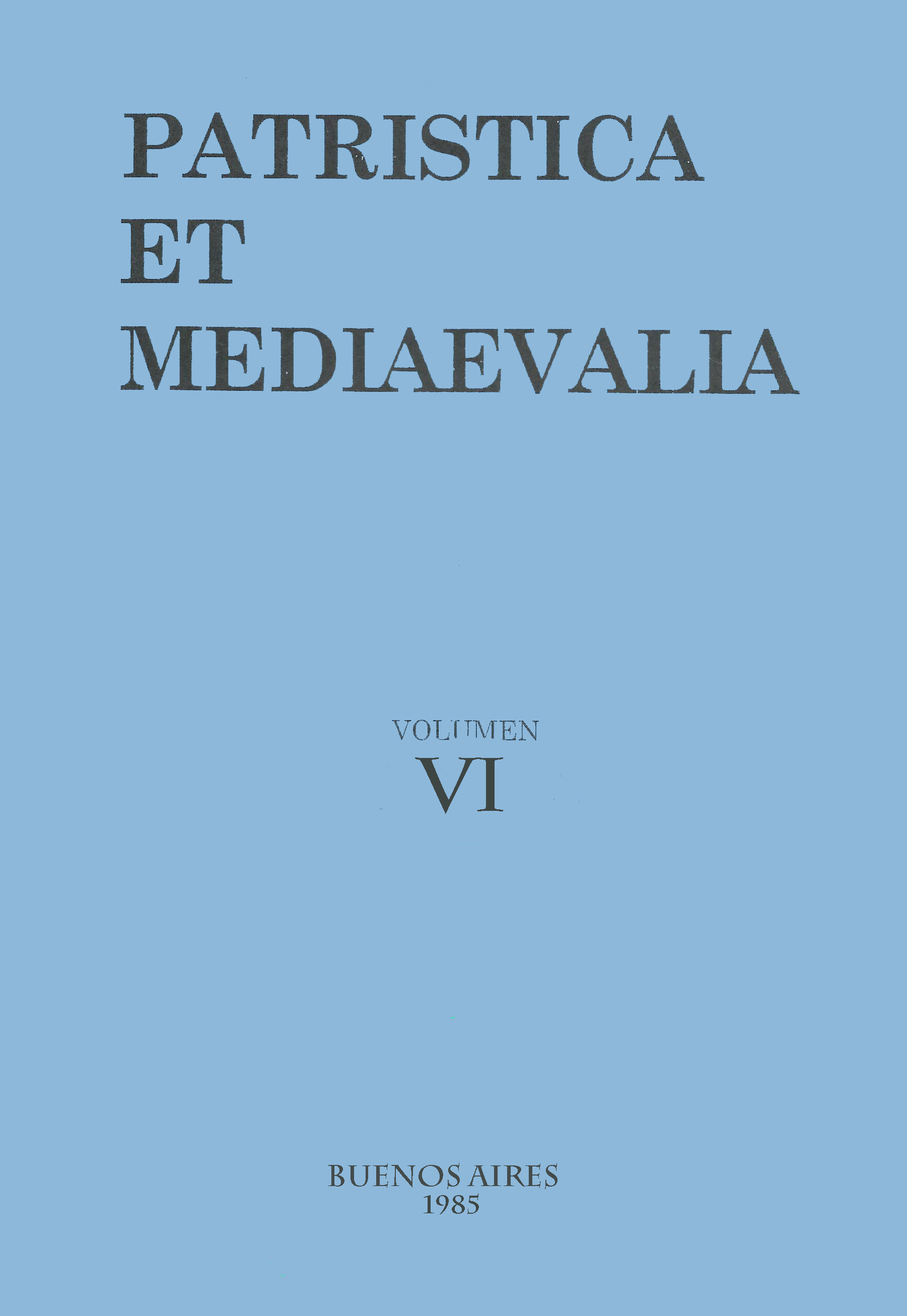“Constitutum Constantini” and “Romgedanke”. The Donation of Constantine in the Thought of Three Main Advocates of the Imperial Right of Rome: Dante, Marsilius of Padua and William of Ockham (end)
Abstract
In this third part, dedicated to Ockham, are shown the interpretations of the donatio that the venerabilis inceptor makes in the Dialogus de potestate papae et imperatoris, in the Allegationes de potestate imperiali, in the Octo quaestiones de potestate papae, and in the Breviloquium de potestate papae. In all these treaties, Ockham interprets the donatio as a partial concessio which is foreign to public law and which, for that reason, does not touch upon imperial sovereignty. The Breviloquium, in particular, is analysed, in which the author finds confirmation of the medieval inclination to attribute history to reason. A final conclusion brings together reflections on the significance of the encounter between the Donatio Constantini and the Romgedanke in the early Middle Ages. [This is the last one of the three part article. To see the previous: part 1, vol. 3 (1982); part 2, vol. 4/5 (1983-1984)]Downloads
1. The authors who publish in this magazine accept the following conditions:
-
They retain the copyright and grant to the magazine the right of the first publication, with the work registered under the Attribution-ShareAlike 4.0 International License that allows third parties to use what is published as long as they mention the authorship of the work and the first publication in this magazine.
-
They can make other independent and additional contractual agreements for the non-exclusive distribution of the version of the article published in this magazine (eg. include it in an institutional repository or publish it in a book) provided that they clearly indicate that the work was first published in this journal.
-
They are allowed and recommended to publish their work on the Internet (for example on institutional or personal pages).
2. AutoArchive Conditions. Authors are allowed and encouraged to distribute post-print electronic versions of their manuscripts because it promotes their circulation, a possible increase of quotation and a major reach among the Academic community. Color RoMEO: blue.













